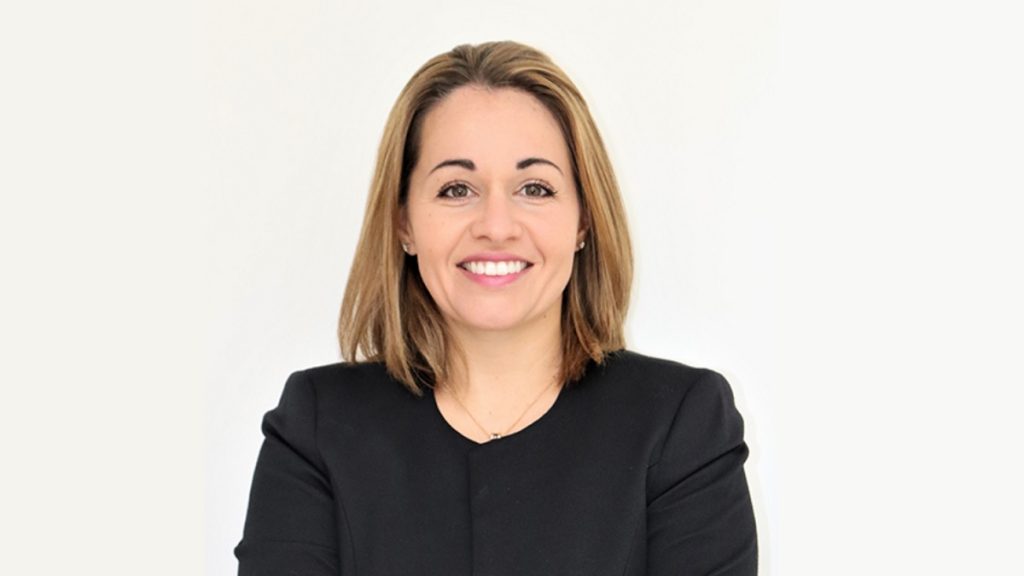It’s a struggle as old as corporate life for working parents – spending quality time with children, watching them grow, and enjoying their day-to-day development versus keeping up with and excelling in the professional realm.
Many argue that with the right support it should never be a situation where your home life is pitted against your professional development. And, in this spirit, Malta Employers Association (MEA) consultant, who is also CEO of the Malta Maritime Forum Kevin J. Borg has laid out his own proposal which in his view should serve to bolster child education and contribute to a more productive work-life balance for parents.
Elaborating on a proposal made as part of a wider debate in the Parliamentary Plenary Hall during an event on ‘The Challenges posed by Malta’s Low Fertility Rates’ that took place on 13th July, Mr Borg explained:
“Extended school hours can support a wider and more comprehensive education for our children thereby contributing to improve Malta’s Early School Leaving record whilst also bringing about better-quality time for Maltese families.”
Mr Borg’s suggestion ties into the difficulties faced by parents of young children in Malta, and how this could potentially be contributing to the country’s low fertility rate – which is the lowest in the EU at 1.13 according to official figures. Malta is known for having some of the highest early school-leaver rates in the EU, Eurostat figures show.
The share of ‘early school leavers’ is a term that refers to early leavers from education and training (aged 18-24). The indicator shows the percentage of the population aged 18-24 with at most a lower secondary education and who were not in further (formal or non-formal) education or training during the four weeks preceding the time when the survey was carried out.
In Malta, the rate of early school leavers has decreased over the years, going from 23.8% in 2010 down to 16.7% in 2020 – but remains among the highest in the EU.
Shedding light on what led to Mr Borg’s proposal for extended school hours, he explains that it “stems from official statistics indicating that Maltese children spend the least contact time at schools during the scholastic year.
“At the same time, Maltese children prevalently attend multiple extra-curricular activities out of their school premises during the week posing resultant pressures and time commitments on working parents as well as traffic congestion.”
To this end, he goes on to point out that the successful after school programmes “Clubs 3-16” introduced some years back “can be elevated to serve a more productive and valuable purpose”.
He adds that “the additional hours of the school day could still be largely manned by professionals in all disciplines including educational and specialists or aspiring persons in the respective field of specialization outside of the academic teaching profession.
Furthermore, the latter may “be given the opportunity to opt-in and those who do will contribute towards higher value and utility to the student. However, it would also open a window of opportunity for University students to contribute their efforts, gaining income and experience in the process.”
Here, he adds that the in addition to the educational value to children, extending the school day may also serve to allow parents “to consolidate their resources, especially time.”
“…More of this could be productively spent at work rather than driving frantically from one place to another transporting children from school to home, private lessons, child-care and/or extra-curricular classes held in various locations.
“Activities like sport, ballet and religious doctrine sessions could be taught in schools rather than in various locations. Ideally, children are supported in their homework during this time so that time at home could then be spent with the family.
“Similar arrangements could apply to the long summer holidays with a wider introduction of summer extra-curricular activities.
“All this could give much needed peace of mind to parents as they strive to strike a healthy balance between their professional and private lives, knowing that their children are in a safe environment and productively occupied. It could lead to less parents, especially mothers, opting out of the labour market to fulfil their family duties. If successfully planned and managed, the proposal would provide a win-win solution all round for children, parents, employers and contributing cohorts such as University students.”
The discussion was organised by the Malta Employers Association in collaboration with the House of Representatives and was presided over by Parliament Speaker Angelo Farrugia and Deputy Speaker David Agius.
It was also addressed by MEA Director General Joseph Farrugia, MEA President Joanne Bondin, President Emeritus Marie Louise Coleiro Preca, Government MPs Andy Ellul and Alex Muscat, Leader of the Opposition Bernard Grech and Opposition MP Claudette Buttigieg.
Men still dominating Malta’s boardrooms
The gender imbalance across Malta’s corporate landscape remains striking.
Lara Falzon appointed CEO of Yolo Group’s B2B Brands
The experienced executive said the firm has 'enormous potential for innovation, strengthening partnerships and scaling across global markets'
Why The Phoenicia Malta is the perfect setting for summer events
The Phoenicia Malta blends five-star elegance with award-winning cuisine and exceptional hospitality to create the ideal setting for group events ...
Sophie-Ann Busuttil appointed Director at Luxury Living Technologies following tragic loss of her father
For the last two years she has served as head of the group’s Luxury Living Sustainable Hospitality Company.









